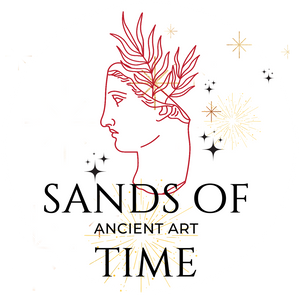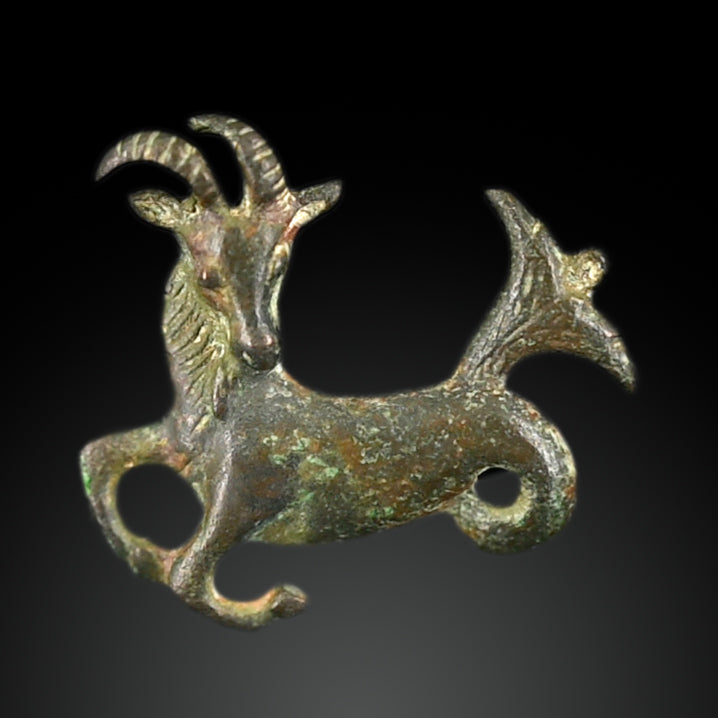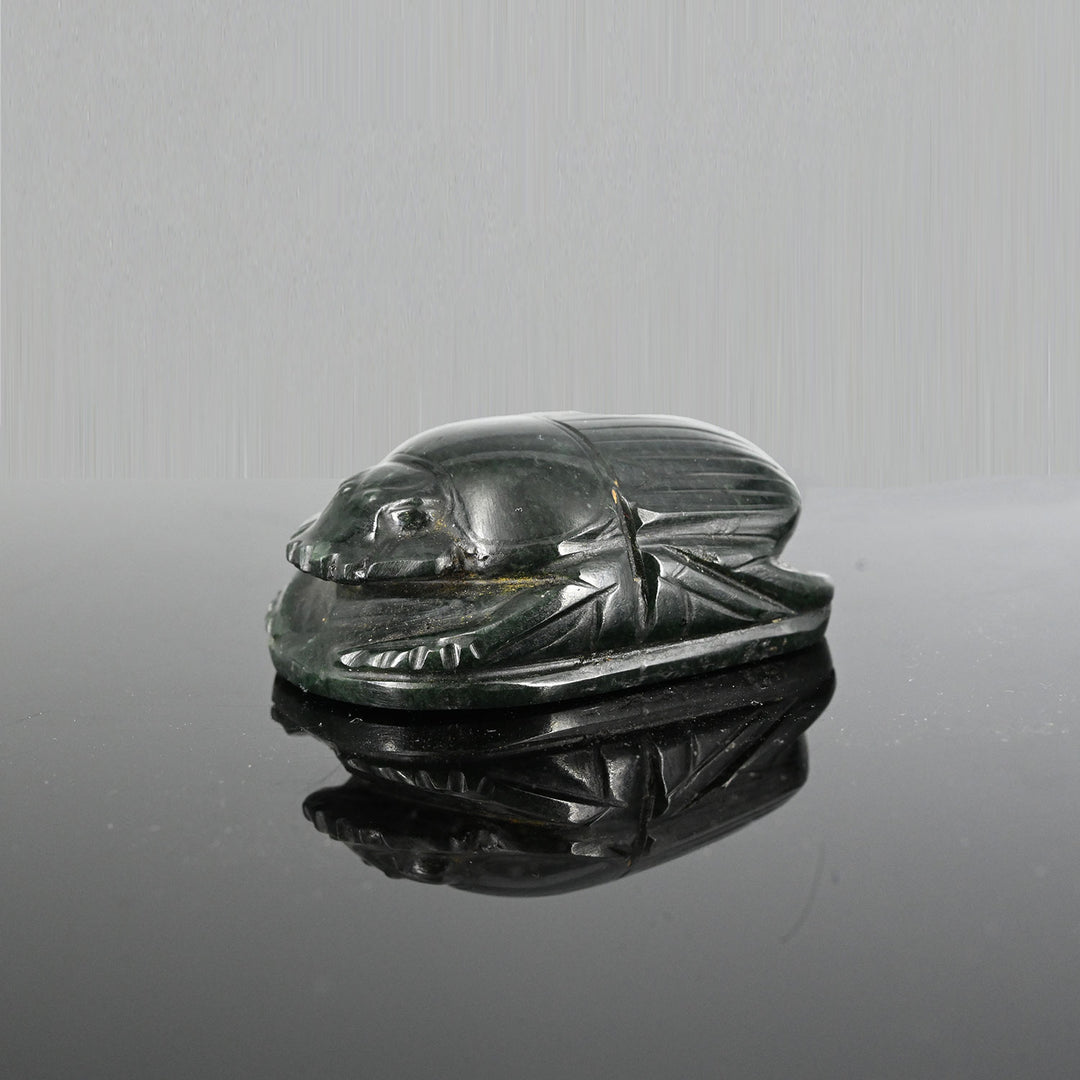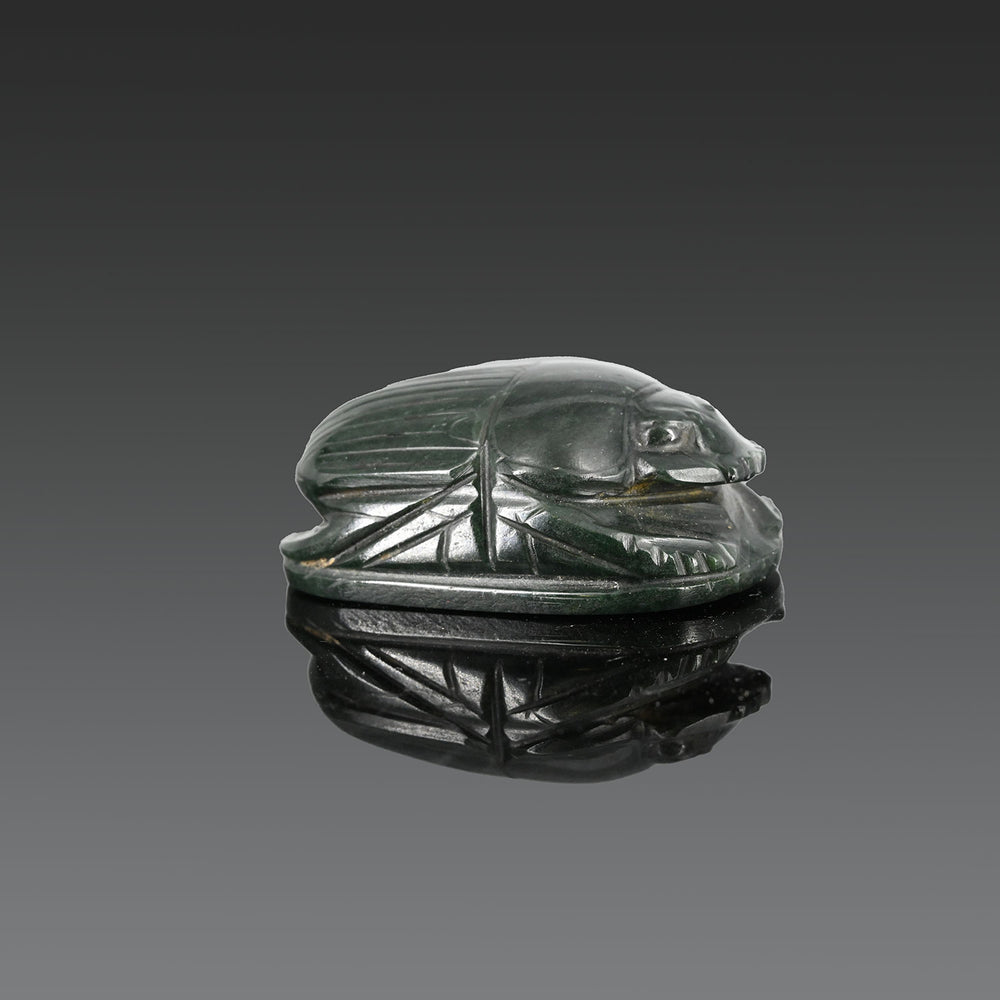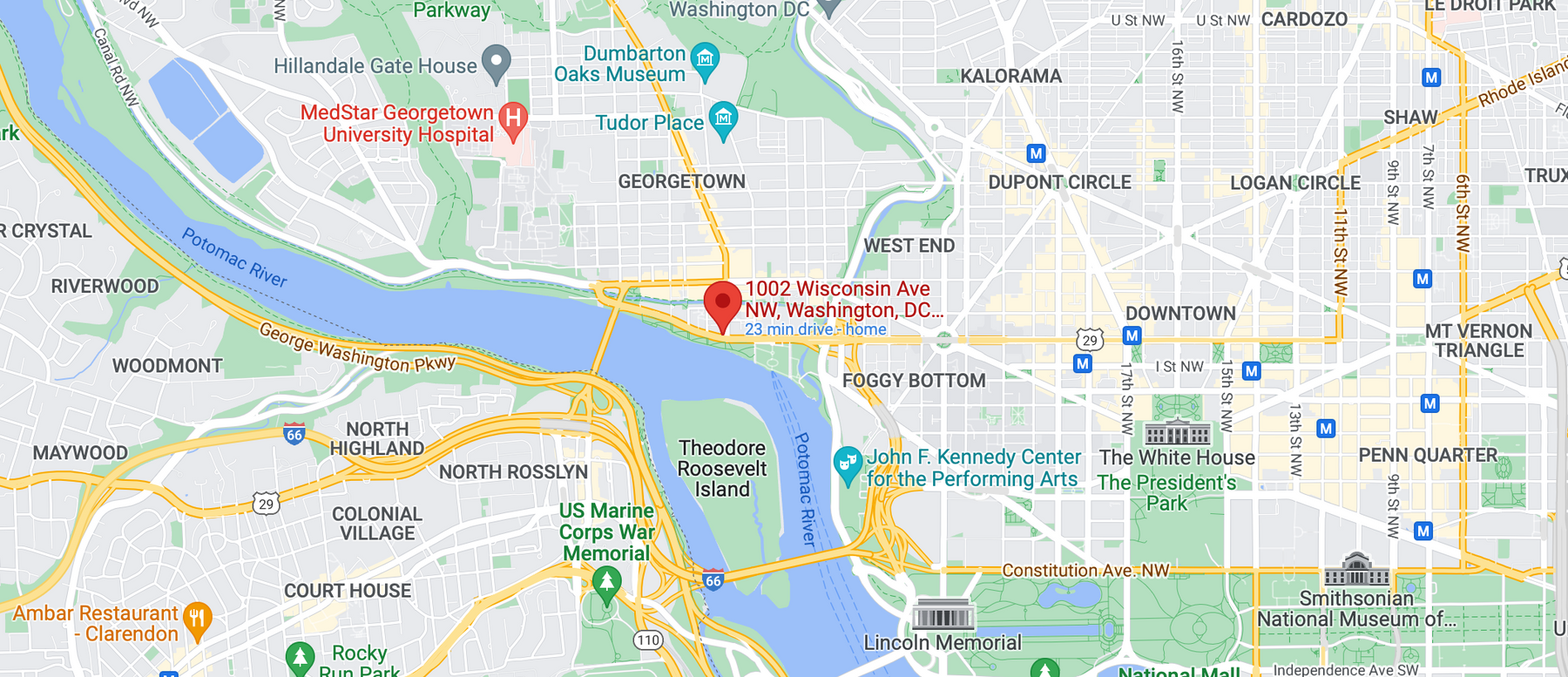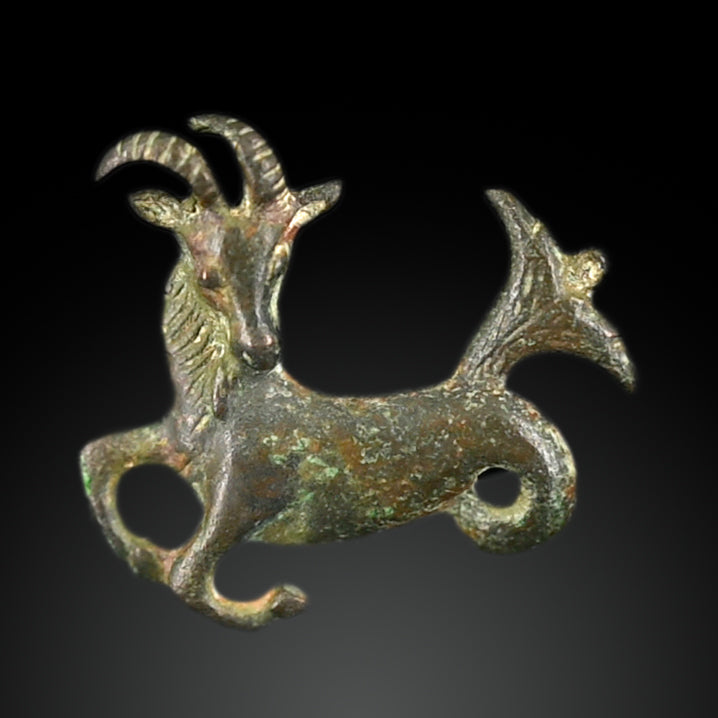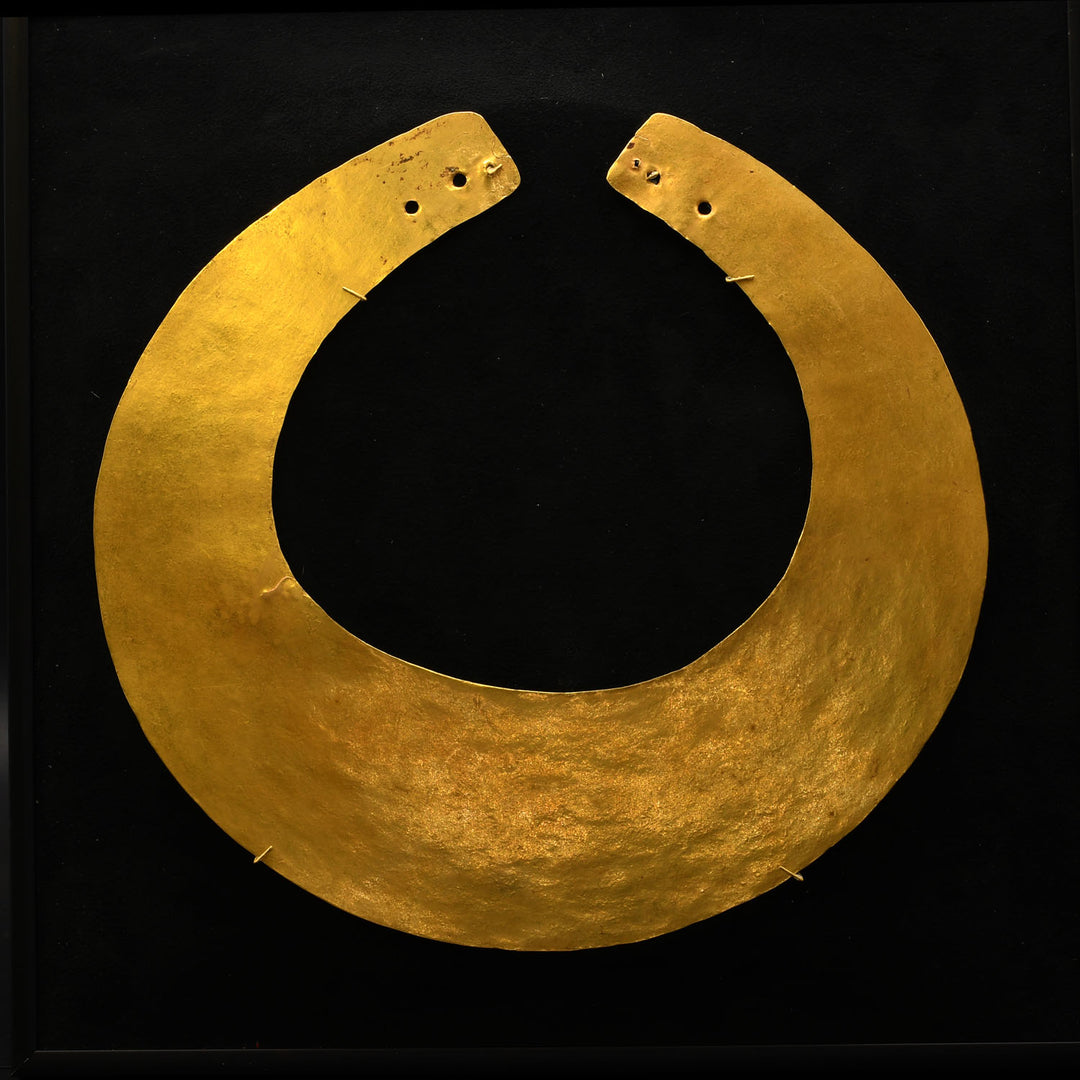An exhibited Egyptian Green Serpentine Heart Scarab, 26th Dynasty, ca. 664 - 525 BCE
EA2301
- This object qualifies for free USA shipping and a flat rate fee of $60 if shipping internationally.
Representing Khepri, god of the rising sun, this polished green serpentine heart scarab is an outstanding example of type. The body conforms to the Scarabaeus sacer; where the eyes and head are deeply carved on the five-notched shield (clypeus). The first segment of the upper body (prothorax) and wings (elytrae) are separated by fine, carefully incised lines, the legs (tibiae), to the side, are tucked underneath the body. As is to be expected, this heart scarab has no bore hole. A large and impressive piece.
Background: The heart scarab, which first appeared in Dynasty XIII, played an important role in the funerary accessories of the deceased. Not only was it the medium for magical text, it was also a symbol of self-generation and rebirth. It provided the deceased wearer with the assurance that at the final judgment, he would be found "true of voice" and accepted into the eternal afterlife under the rule of the god Osiris.
Although the base of this example is blank, many heart scarabs bear part or all of what is known as Chapter 30B from the Book of the Dead, an important spell to the heart of Isis, designed to keep anything evil from rising up against the deceased, to prevent any hindrance before the divine court of judgment, and to ensure no enemy would speak against the deceased in the presence of the guardians of the balance when he is being judged before Osiris. The Book of the Dead also instructs that the heart scarab be made of the nemhef-stone, which has been identified as green jasper, serpentine, or basalt, and be set in a gold chase suspended from the neck. It appears the stone was chosen not only for its greenish color, which symbolized life, health, and regeneration but also for its weight. The heart could not weigh more than the feather of Maat, so a heart scarab of just the right heft would work in favor of the deceased.
References: Andrews, Carol, 1994. Amulets of Ancient Egypt, chapter 4: Scarabs for the living and funerary scarabs, University of Texas Press, pp 50-59
cf: The Metropolitan Museum of Art, Accession Number 15.3.217.
Exhibited June 2022 - January, 2023: Worcester Art Museum "Jewels of the Nile", Object E.19.22 (EGY.42), loan number: L173
Condition: The scarab is intact and in excellent condition overall. An exceptional example.
Dimensions: Length: 1 7/8 inches (4.7 cm)
Provenance: Private Boston collection acquired in 1997 (accompanied by original purchase invoice and certificate of authenticity).
Sands of Time provides a lifetime, unconditional guarantee of authenticity and provenance. Every object you purchase from us is accompanied by a Certificate of Authenticity, stating culture, provenance, and age.
Furthermore, we conduct due diligence to ensure the item, to the best of our knowledge, has not been illegally obtained from an excavation, architectural monument, public institution, or private property. Wherever possible, reference is made to existing collections or publications.Wherever possible, reference is made to existing collections or publications.
We ship Tuesday to Friday with FedEx and usually same day if your order is received before 2pm. Within the continental USA, packing, shipping and insurance is free. Depending on size and destination, delivery times range from one to five business days.
For overseas shipments we charge a small flat rate which includes packing, preparation of all customs paperwork, insurance and carrier fees in compliance with all USA and International customs requirements. Overseas shipments are sent using either USPS Priority Mail or FedEx but contact us if you have a shipping preference. International customers are responsible for all duties and taxes.
